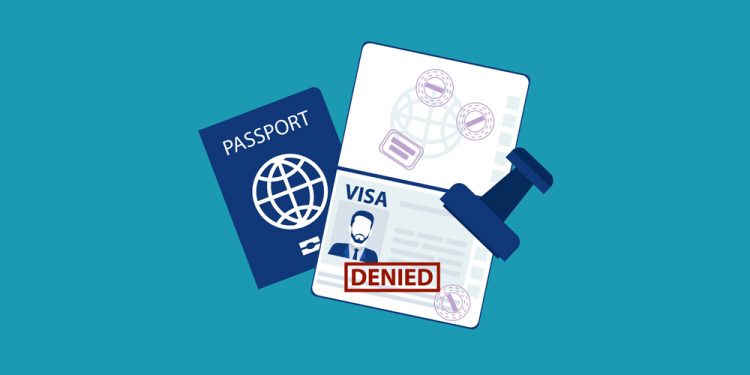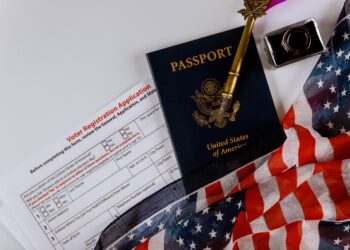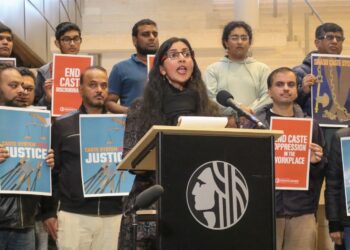Australia rejected requests for student visas from students from India, Nepal, and Sri Lanka to study at Australia’s higher education institutions. Less than one in four students studying abroad for a vocational degree are now from Pakistan, India, or Nepal. Several reports indicate that the bona fides of these applicants are a worry for Australian immigration officials.
For the majority of 2022, the percentage of visas granted to students in vocational education was under 50%. 34 out of more than 900 student applications for vocational study were granted, or 3.8%, making this the lowest approval rate ever.
The second-largest international student population after China was made up of 96,000 Indian students that were enrolled in Australian universities as of July 2022.
There has been a significant denial rate due to the extensive scrutiny that Australian immigration officials have historically subjected overseas VET applicants to.
Success rates in higher education also dropped, with Indian students’ rates falling to 56% and Pakistani students’ rates falling to 57%. Only 33% of higher education visas and 15% of visas for vocational education went to students from Nepal, however.
Clare O’Neil, Australia’s Minister for Home Affairs, has described the immigration system as “clunky, expensive, and is just not working.”
She has stated that a “comprehensive review” of Australia’s immigration system will be led by former treasury secretary Martin Parkinson, attorney Joanna Howe, and consultant John Azarias.
Vishal Sharma, a licenced migration agent with customers from India and Nepal, claimed that a sizable portion of visas are denied because the applicant is not a genuine entrant.
According to Sharma in an interview with The Australia Today, “There has been a significant number of visas which are refused on basis of non-genuine entrant without even properly considering the circumstances of genuine students who were planning to study in Australia”.
However, he acknowledged that a Mafia of shady brokers operating in the Indian subcontinent had been attempting to secure visas based on forged paperwork.
By adding more employees and spreading the workload, the Australian government has made an effort to reduce the delays in processing visa applications.
Tertiary Education Quality and Standards Agency (TEQSA), the authority overseeing higher education in Australia, has further cautioned Australian institutions to keep an eye on the actions of their education brokers and the foreign students they take.
In 2022, the number of offshore student applications in the months of June, July, August, and September broke all previous records.
There were 42,700 applications for offshore student visas in June 2022, with 34,343 being the next-highest June application total. The next highest July number was 25,152 in 2019, which was followed by 30,801 applications from overseas students in 2022.
There were 25,580 applications for international students in August 2022, surpassing the next-highest August number of 19,201 in 2018. The next highest September number was 18,142 in 2018, while 24,344 offshore student applications were submitted in September 2022.
The number of offshore student visa applications topped the previous monthly record by at least 5,000 in each of the months from June to September 2022.
However, as grant rates have considerably decreased, notably in September, this isn’t converting to comparable statistics of offshore student visa approvals.
The fact that DHA has discovered higher levels of fraud in the caseload as well as a change in source nations is probably contributing to the lower grant rates. The “genuine temporary entry” condition may also be more frequently used by DHA as a justification for rejecting applications.
A huge caseload with low grant rates caused by fraud or the adoption of arbitrary criteria like “genuine temporary entry” indicates a significant waste of resources for a department under significant resource pressure and needs to expedite processing. DHA urgently has to come up with a new strategy for handling the backlog of offshore student visa cases.
It is possible that the recently announced review of the migration system would yield a solution. In this regard, the Albanese Government has said that Australia would revert to restricted work rights for international students from July 1, 2023.











